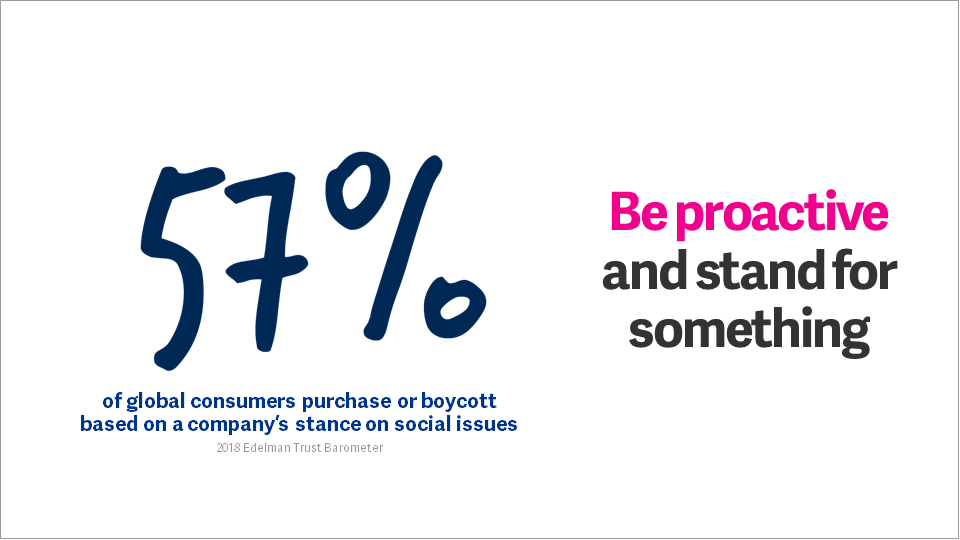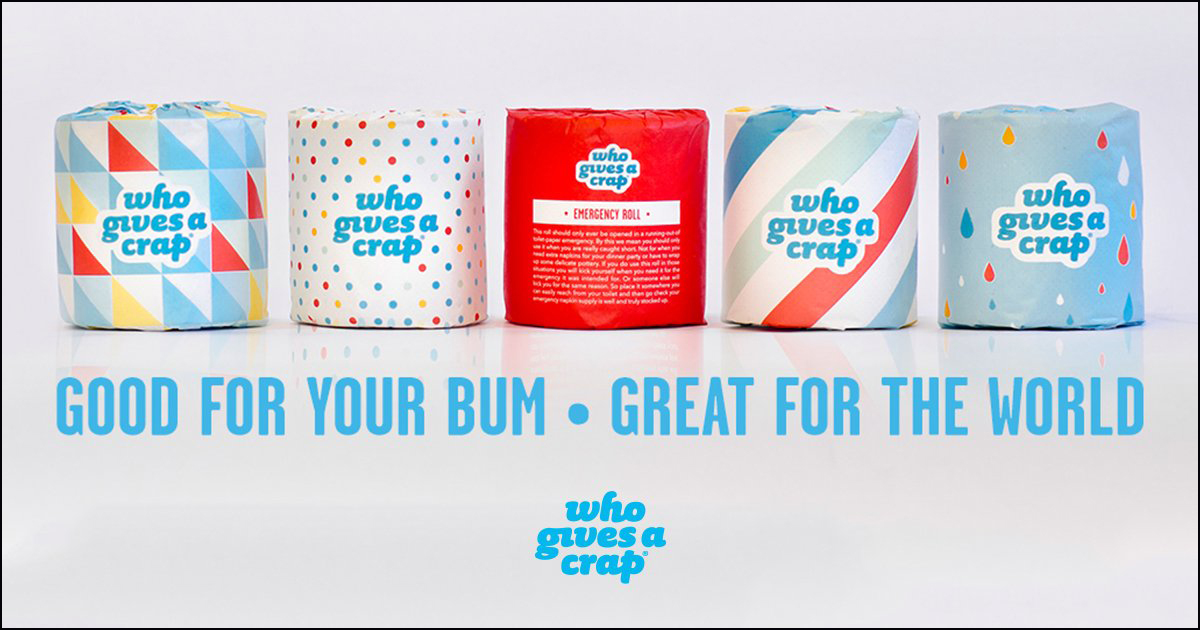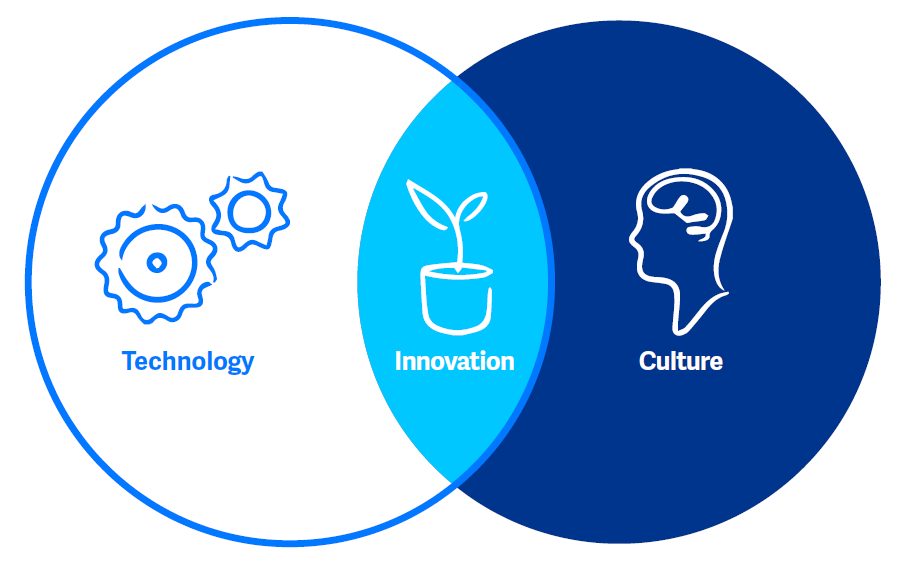Take outs
- Pressure on brands to do good and consumers to make the ‘right’ choices
- Brand strategy must include values-based offerings and marketing
- Advisers and planners can tap into the trend without it being hollow or patronising
Doing good has become part of brand strategy as consumers across the globe look for ways to make an impact with their buying choices.
We’re exposed to more information than ever before about what we buy and the brands we buy from. On a broader cultural level the three traditional pillars of society—government, church and financial institutions—have been destabilised. The counter-trend is the rise of the individual, empowered by micro-level decisions, living the values that they can control. Consumer choices can be a mix of the idealistic and the pragmatic; I can’t control climate change, but I can choose to buy recycled paper from a brand with corporate responsibility.
The personal drive to make smarter and more informed decisions— to do no harm or to leave a lighter footprint—is key to the financial services sector understanding customer drivers to feel good about their money.
Let’s look at what drives the consumer guilt spiral, which brands are tapping into the Help Me Feel Good trend, and how the financial services sector can engage with consumer values.
Special report: Where culture meets technology
In this report, we explore three cultural mega-trends that are happening right now, and examine how your business can evolve and innovate with these shifts in behaviour.
What’s driving the consumer guilt spiral?
Exposure to more information than ever before through social media and digital living is a key driver for individuals making considered brand decisions on everything from free-range eggs to ethical milk pricing. We’re told what we should do, what we shouldn’t, and the pressure to make guilt-free choices can be confusing.
Rebecca Brody, Senior Strategy Consultant at brand intelligence agency https://thelabstrategy.com/, works to understand consumers, community and culture to help brands make better decisions.
“When we think everyone is making ‘better’ choices than we are, it can create guilt; we know there’s a better choice and feel pressure to make a difference,” she says.
“With so much information at their fingertips on brands and their impacts, consumers can end up in a guilt spiral. It becomes overwhelming to make good choices—good intentions get buried under too much information and too many choices. When people freeze under the weight of choice, brand inertia sets in. They don’t know where to start, and no decision gets made.”
And as buying power shifts between generations, research shows buying has become a political act, with 55% of consumers believing brands have a more important role in creating a better future than our governments.
“As Millennials come of age, they want to reward brands they see reflecting their values,” says Rebecca.
“They’re a generation at a wealth building stage when financial advisers and planners become more relevant. Tapping into this growing market will need brands to have a level of social awareness.”

What do we care about?
It’s no surprise that research shows honesty and fairness are the core values important to Australians. Traditional, enduring values of egalitarianism and a fair go match with contemporary values of the need for balanced power, kindness and community mindfulness.
Brands tapping into the values trend often start as niche or fringe brands, and become key players with market share by connecting with a customer need for values and less guilt.
“Consumers tend to explore brand choices on a micro level. Brands like Thank You give consumers an opportunity to choose sustainable alternatives to everyday household items. All the customer has to do is identify with their sustainable brand positioning and choose that toilet paper or bottled water—there’s no significant risk,” says Rebecca.
“When the risk is in a high involvement category like money, however, it’s not as simple to try something new and take money out of an established institution to make a values-led investment.” The higher perceived risk with these types of categories can make tapping into this trend more challenging but not impossible.
Brands tapping into values-based marketing
Energy providers have offered ethical packages—choosing your level of green energy—for a long time. Packages tap into the mindset that doing good may come with a price tag, but that’s OK so long as the values of the brand and consumer align.
“It’s powerful to offer customers choice. Offsetting your electricity bill to feel better about your environmental impact is a simple example of values-based decision making in everyday life,” says Rebecca.
The rise of B-Corporations is another reflection of the Help Me Feel Good trend. BCorps earn specific accreditation based on social and environmental impact and driving good in the community. Australian BCorps include sustainable toilet paper brand Who Gives a Crap, Intrepid Travel Group and TOM Organic sustainable feminine hygiene products.

https://au.whogivesacrap.org/
In the finance sector, Bank Australia has taken fairness and value-based ethical investment to mainstream audiences with their Clean Money campaign. Positioning themselves as a bank that doesn’t lend to the fossil fuel, live industry export, weapons, tobacco or gambling sectors creates awareness of their offering, but also sparks a cultural conversation on how our money is used.
Superannuation is a key area to watch as Millennials age into making more financial decisions. For example, financial institutions like Future Super and Australian Ethical take a values-based approach to investment, positioning themselves as the super fund for ‘climate-conscious Aussies’ investing in fossil free and renewable energy investment. This necessitates a shift in the super mentality, but people need diversified portfolios, so it can work on all levels. Future Super is an early mover in the long term growth area of financial products taking a different approach to marketing—with tone and language very different from traditional financial institutions.
Netwealth has partnered with Banqer to sponsor financial literacy in schools to help the next generation prepare for their financial futures.

How the financial sector can support consumers
It is a critical moment in the consciousness of the industry; Royal Commission recommendations are being planned, cloud banking is hovering, and a global trend towards lack of trust has painted financial institutions as a necessary evil.
In financial services where decisions can have big consequences on lifestyle, consumers who have entered a guilt spiral or decision paralysis need support to be reassured about their decisions.
“There aren’t a lot of mainstream, viable alternatives in the banking and finance sector that are tapping into this ‘Help Me Feel Good’ factor,” says Rebecca.
“So, there is a clear role for advisers to provide guidance and navigation on money choices, to help explain the banking commission, and to offer ethical choices in a transparent and sustainable package. Consumers are craving some help.”
Helping customers feel good about money
Financial planners and advisers are in a unique position to guide customers, to be an ally, and to communicate choice. Here are five ways you can manage customers who want to feel good:
- Put the emphasis on choice and provide viable alternatives for values-based money management.
- Add a feel-good factor to your adviser toolkit and your existing primary offering—don’t completely pivot to follow a behavioural trend.
- Don’t over reach—your primary role is to be the custodian of their money, not to oversell your purpose led offering or exaggerate social impact.
- Put customers at ease about their decisions with secure, reassured and confident advice.
- Create a meaningful space for consumers to make decisions based on their own values – don’t assume it’s all about the bottom line (or that it’s not).
Making sense
If you want to introduce a values-based offering or align your brand with a cause or community, it needs to make sense for you and your customers. You don't need to completely pivot on your brand positioning and offerings – going from 0 to 100 too quickly can appear hollow and damage your existing offerings.
A good starting point is finding out what keeps your customer base awake at night? Find that out and you can identify compelling messages and product opportunities that are less likely to be dismissed as tokenistic by your clients.
Want to learn more? Download our report on Three mega-trends that matter or contact the Netwealth team.
More cultural trends that matter
Gender neutrality
Why the rise of the female matters to your advice business
The rise of the female gives financial advisers an opportunity to take a new approach at empowering female customers and building financial literacy.
Expectation economy
Experience expectation: Why variety is the spice of life
As technology develops and provides access to more options a movement has emerged where consumers are looking to trial more and commit less.
Spiritual enlightenment
How spiritual enlightenment can shape your approach to clients
What’s the connection for financial advisers to spiritual enlightenment, a global mega-trend centred on finding meaning?




